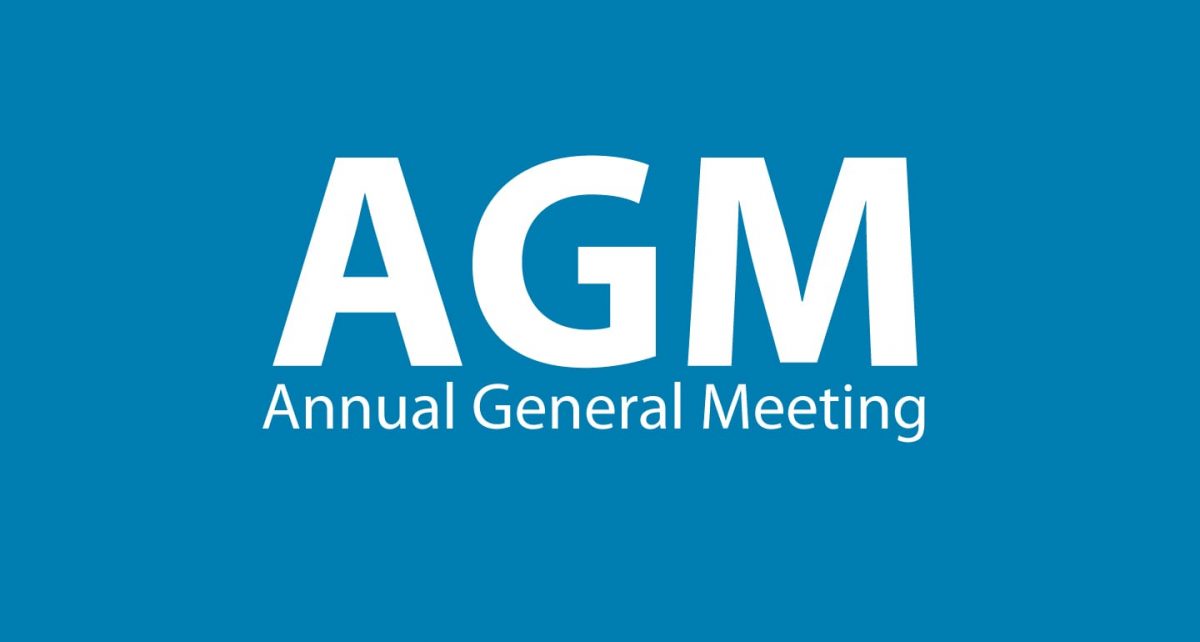
As a shareholder, who can exercise his right by mean of conducting a General Meeting. Take appointment of director as an example, a simple majority votes can pass an ordinary resolution. (simple majority means more than 50% members with voting right who attending and voting in such meeting).
Any shareholders holding 5% or more of the company’s share capital can require the Board of Directors (BOD) to convene a shareholders’ General Meeting. To exercise this right, the requesting shareholders must deliver a signed requisition stating the objects of the meeting.
If the company’s BOD does not convene a General Meeting within 21 days upon receiving the requisition, the such shareholders can convene a General Meeting by themselves.
A General Meeting also can be called by any two or more shareholders who they are holding 10% of the total voting rights of the company. This power aim to enables shareholders to convene a General Meeting in the circumstance when the company does not director in the BOD.
Some decisions cannot be passed by ordinary resolution in General Meeting, instead, it MUST be passed by Special Resolution. A Special Resolution means at least 75% of the votes of shareholders attending and voting.
Those important decisions required Special Resolution include:
• Changing the name of the company.
• Changing the company’s articles of association.
• Provision of financial assistance for the acquisition of the company’s own shares.
• Buy-back of shares.
• Reduction in the company’s share capital.
• Approving a scheme of arrangement for members.
• Winding-up the company
• Putting the company into dormancy in Hong Kong Companies Registry
